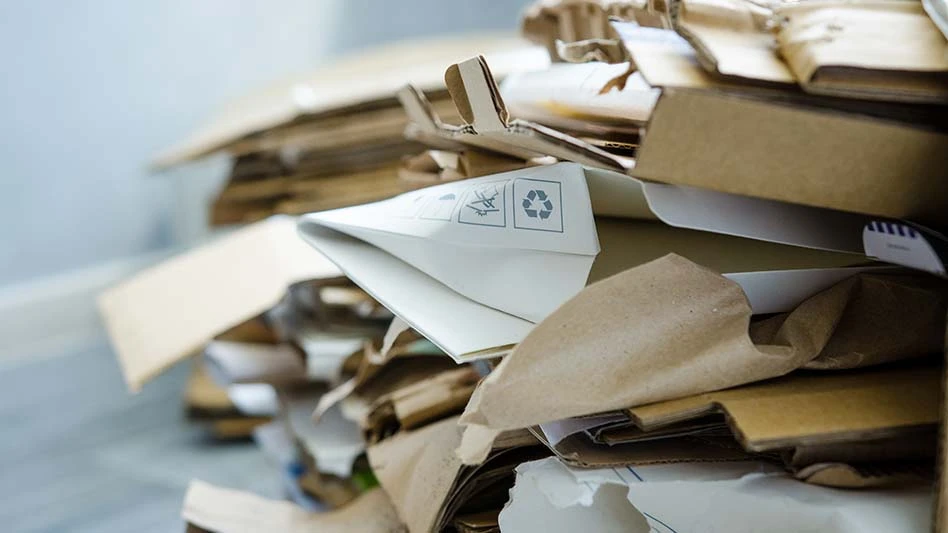
The emailed dispatches sent by the China Scrap Plastic Association (CSPA) and the CSRA (China Synthetic Resins Association) Plastics Recycling Branch this summer portray a mounting set of restrictions faced by global traders of plastic and paper scrap.
In the Friday, Aug. 3, email sent by the two groups, actions by three national governments—those of China, Vietnam and Malaysia—point to the difficulties faced by traders attempting to ship to those nations.
The organizations’ report on China covers news from June 2018 that China’s State Council is considering banning all types of scrap imports by the end of 2020.
The CSPA and CSRA’s report states China’s Ministry of Ecology and Environment (MEE) posted a draft document on July 11 “serves as confirmation of recent industry discussion suggesting a full ban could be coming from China.” The two groups state, “While China’s National Sword policy has already shut the door on most recycled plastics and mixed paper since the start of 2018, higher grades of fiber have been allowed to continue to move into the country.”
The July 11 proposal was released in Chinese, and an official English translation is not yet available, according to the CSPA. While “there is no firm date of implementation attached to the plan,” it seems to point to entirely banning the import of all scrap materials, including recovered paper.
The report continues, “Although previous reports floated a 2020 implementation date for an all-out ban, the Chinese government is looking for the law to go into effect before then.” The MEEE is seeking comments on the proposal by August 18, according to the CSPA and CSRA.
The dispatch from the two groups also touches on the ASEAN (Association of Southeast Asian Nations) region, where many China-based recyclers have moved their operations in the wake of National Sword. However, Vietnam’s Ministry of Natural Resources and Environment is blaming the waves of recycled materials being shipped there for clogging its ports.
The CSPA and CSRA cite reports indicating 4,480 containers of scrap materials are sitting at ports in Vietnam operated by Saigon Newport International. “About 20 percent was scrap paper and the remainder was other materials, primarily plastic,” according to the CSPA.
The CSPA adds, “Now, the country’s government is moving toward legislative action,” including “revising legal documents on the management of waste imports, taking into account environmental protection, as well as putting into place a mechanism to manage, control and prevent the trade and import of scrap from afar.”
Another ASEAN nation, Malaysia, is making similar moves. According to a write-up by CSPA’s Steve Wong of Hong Kong-based Fukutomi Co. Ltd., “The Malaysian government has stopped issuing import permits on plastic scrap for three months as of July 23, in order to redress the current polluting situation of the plastic recycling industry in the country, where 114 companies and factories are operating.”
Wong continues, “This is to allow time for the authorities to set things right, including [ensuring] the use of import permits and compliance with pollution controls. Chaired by the director general of the solid waste management department, a task force will be set up soon to review the procedures and policies of plastic [scrap] imports under Malaysia’s HS code 3915.”
The import restrictions will be a primary topic of conversation at the Expo-ChinaReplas2018 event, scheduled for Sept. 13-14 in Dongguan in China’s southern Guangdong Province.
Latest from Recycling Today
- Electrolux commits to recycled content
- Duesenfeld system targets battery cell scrap
- Hyundai says it will make steel in the US
- APR announces Recycling Leadership Award winners
- Glass Half Full opens glass recycling facility in Louisiana
- AmpUp partners with Roundtrip EV
- Global Recycling Day event supports Pittsburgh school's recycling efforts
- President signs executive order on critical minerals





